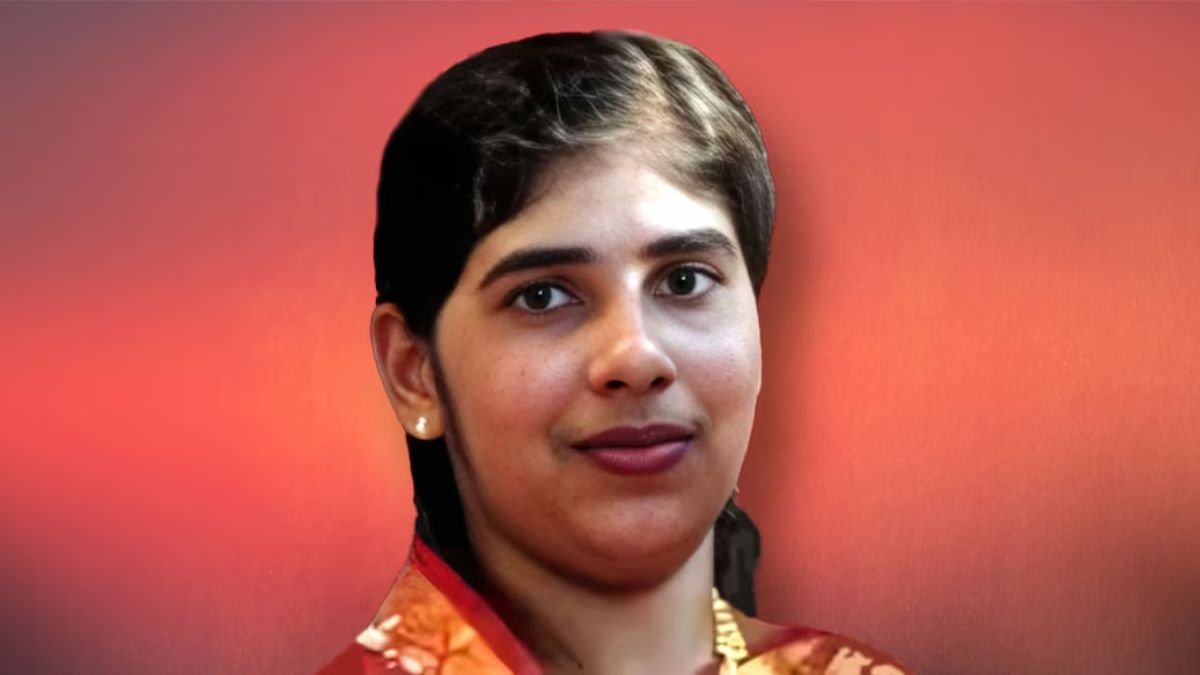Who really intervened to delay Nimisha Priya's execution? Conflicting narratives emerge on last-minute reprieve

Authorities in Yemen have postponed the execution of Nimisha Priya, the Indian nurse on death row for the murder of Yemeni citizen Talal Abdo Mahdi. However, conflicting narratives have emerged regarding how the postponement came about.
Samuel Jerome, a Yemen-based Indian social worker who has been involved with Nimisha Priya's case from the beginning, claimed that the change in the execution date was made possible with the help of Sheikh Abdul Nahya, whom he described as a community leader of the tribe to which the Mahdi family belongs. Jerome also stated that he had not contacted the victim’s family in recent days, as the execution date had already been fixed with the family's consent.
Jerome further claimed that he had known as early as Sunday that the execution would be postponed, but chose not to disclose it publicly, as discussions were still ongoing.
However, Advocate Subhash Chandran, who represents the Nimisha Priya Action Council, refuted Jerome’s claims. According to Chandran, the postponement was primarily due to the combined efforts of the action council, government officials, and several influential religious and political personalities in recent days. He told THE WEEK that the decisive factor was the intervention of Kanthapuram A. P. Aboobacker Musliyar, a Muslim cleric and general secretary of the Samastha Kerala Jem-iyyathul Ulama. On behalf of Musliyar, a Yemeni Sufi leader, Sheikh Umar Habib, had been in contact with the victim’s family and was actively involved in the negotiations. Musliyar also told the media that he had spoken to religious leaders in Yemen and that he had become involved in the case "as a human being."
READ MORE: Hope for Nimisha Priya: Yemen delays execution amidst ongoing negotiations to save Kerala nurse
Chandran asserted that Jerome had not communicated anything to the council. “It was the efforts made on July 14 that led to the change in the execution date,” he said. “It was only yesterday that the victim’s brother came forward for negotiations for the first time.”
Chandran also noted that until now, no real negotiations had taken place with the Mahdi family. “What has happened now is the direct result of the victim’s brother entering the conversation for the first time,” he said.
Former Kerala chief minister Oommen Chandy had made serious efforts to keep Priya’s case alive and was actively engaged with central government officials, pushing for diplomatic intervention. Despite his declining health, Chandy had discussed Nimisha’s case with the then minister of state for external affairs V. Muraleedharan, urging action to secure her release.
Notably, since news broke that Nimisha’s execution was scheduled for July 16, Chandy Oommen—MLA from Puthupally and son of Oommen Chandy—also made strong efforts to push for a postponement. Speaking to THE WEEK, Chandy Oommen said he had met Kerala Governor Rajendra Arlekar seeking intervention, and that the Governor had been actively involved, speaking with the India Office, the Secretary for Indian Government Affairs, businessmen, and members of the royal households.
Chandy Oommen also reiterated that "Usthad" (Kanthapuram Musliyar) played a role both "spiritually and politically" in the last-minute efforts to save Nimisha Priya. “There’s no doubt that multiple forms of intervention took place,” he said, adding that Saudi-based businessman Sajan Latheef also played a crucial role. “From what I understand, he has been in contact with the [Mahdi] family,” said the MLA, noting that he is in regular communication with Latheef.
Chandy Oommen, meanwhile, denied media reports that a crowdfunding campaign for blood money would be launched under his leadership. He told THE WEEK that no such decision has been made so far.
India